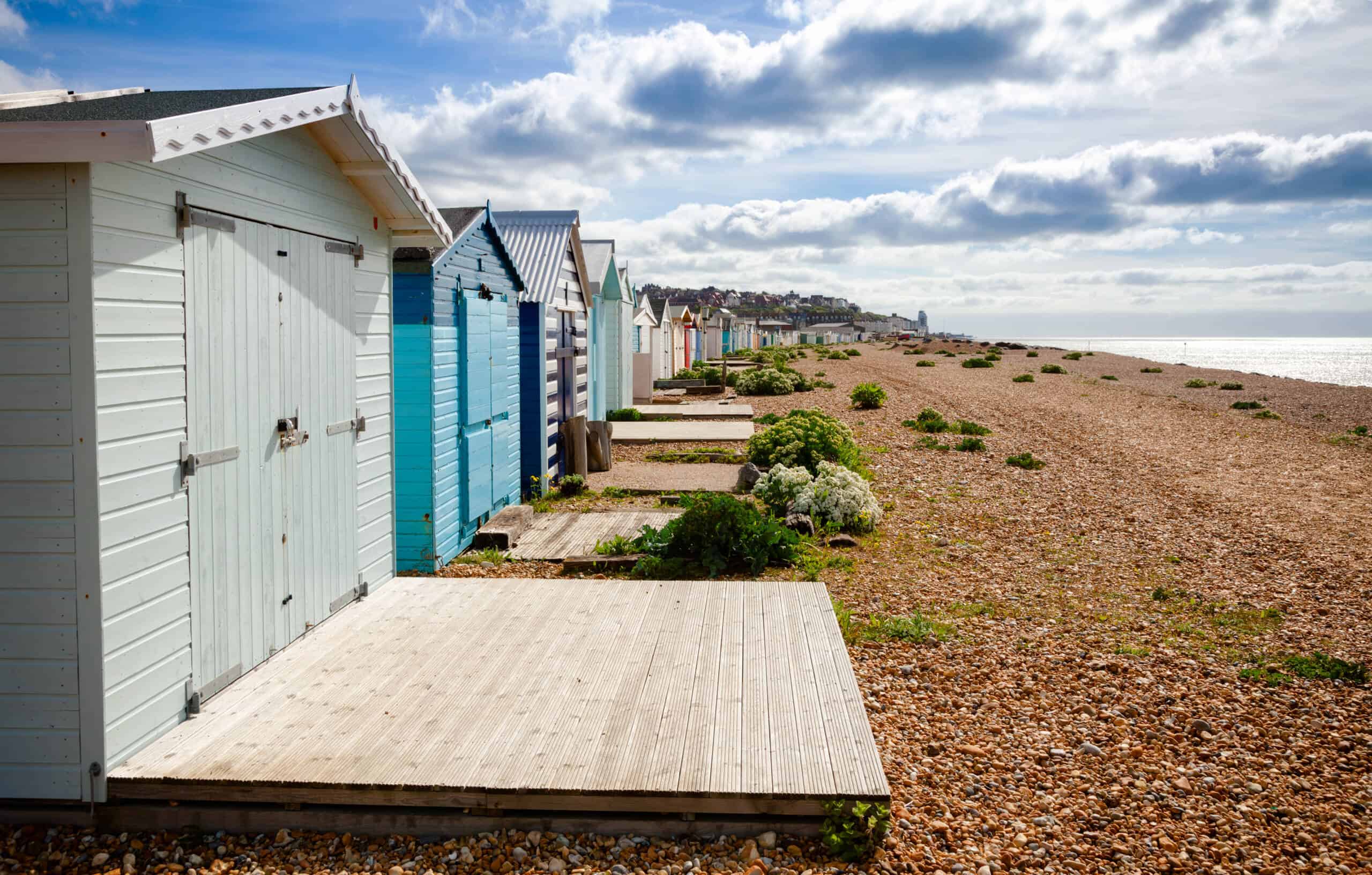A sideways look at economics
On a cold, damp Saturday late last month I went to see Suede in concert at the De La Warr Pavilion — a beautiful example of Modernist architecture built next to the beach in Bexhill-on-Sea. Located on the Sussex coast, part way between Eastbourne and Hastings, the town’s revenues from tourism are not what they once were. Suede was formed in 1989, with the eponymous first album released 30 years ago almost to the day. It met with great critical acclaim, won them the Mercury Music Prize, and was responsible for the band being seen by many in the press as ‘Britpop pioneers’ (a moniker lead singer Brett Anderson regrets, describing Britpop as “…a laddish, distasteful, misogynistic, nationalistic cartoon”). Labels aside, Suede were for a brief period Britain’s biggest band, bigger even than the likes of Blur and Oasis.
As is often the case with me and music, I was late to the party when it comes to Suede. I had never heard of the band until a friend of mine took a cassette tape of theirs with us on holiday, playing it incessantly through the car stereo. My curiosity was piqued when I learnt that two of the founder members — Brett Anderson, and bass player Mat Osman (the once-more-famous brother of novelist and TV host Richard Osman) – grew up in the same nondescript Mid Sussex town as me, attending the same schools and the same sixth-form college, just four or five years before I got there. I bought myself a copy of the same album when we got home, it grew on me, and I’ve been a fan ever since.
With a capacity of about 600, the auditorium at the De La Warr Pavilion has a certain intimacy. My friend Phil and I arrived early and had worked our way to no more than a couple of metres from the front when the band took to the stage around 9.00 pm. ‘Turn off your brain and yell’, from their latest album, was a great opener and set the tone for the evening, the audience and the energetic lead singer, who I had never seen look happier, feeding off each other. As the night wore on, we were treated to several tracks from the ever-popular first three albums, including ‘Animal Nitrate’, ‘Trash’ and ‘We are the Pigs’.[1] But the highlight for me was a departure from the set lists of previous nights, to play a version of ‘By the Sea’. A song about people who quit the rat race for a new life on the coast – “…we said our goodbyes to the bank, left Seven Sisters for a room in a seaside shack” — it seemed befitting of the venue, and was a track Phil and I hoped they might play.
We almost didn’t make it to the gig. It was a bit of a one-off, announced in early January as a late addition to a 20-night UK tour taking place through March. I put an appointment in my diary for 9:00 am on the day tickets went on sale, taking care to move an internal meeting by 15 minutes so I would have time to (fingers crossed) make my purchase. I had navigated the De La Warr Pavilion website in preparation and knew exactly where I should head to get the tickets. Then, at 8:59 am precisely, www.dlwp.com fell over. Fortunately, a bit of frantic Googling took me to the website of an agency that had a few tickets left, and all was well. The event was sold out a long time in advance, which reminded me of a standard interview question for economics candidates during my days at the Bank of England: ‘Why do popular bands like Oasis choose not to charge a market-clearing price for their tickets?’. (Yes, it is a while since I conducted interviews at the Bank of England). The successful candidate was expected to put things into a dynamic setting: Oasis were playing a repeated game with their fans, many of whom were likely to be young and on modest incomes. While they might not have been able to pay the market-clearing price for concert tickets, they were able to devote a considerable amount of time to hitting the ‘redial’ button on their telephone in the hope of getting through (this was the pre-broadband equivalent of ‘refreshing’ the webpage). In this way, Oasis (and other bands) hoped to build a loyal following, who would go on to buy all their albums, and plenty of merchandise.
I can’t pretend to be all that young these days, but I am a loyal fan. I listened to Suede’s latest album, Autofiction, many times in preparation for the gig. (Though rather than buy it, in the conventional sense, I was able to download it ‘for free’ using my Amazon Music subscription, so quite how the band were compensated for that, I don’t know.) Oh, and I did also buy a copy of Brett Anderson’s Coal Black Mornings, a memoir of his early life, pre-Suede, growing up in my hometown. So maybe the tactic worked on me too.

[1] Suede had a difficult fourth album (Head Music), and an even trickier fifth one (A New Morning), which led to their breakup for a period of seven years.
More by this author: